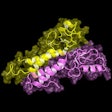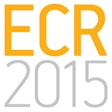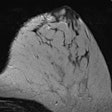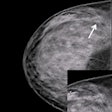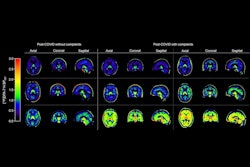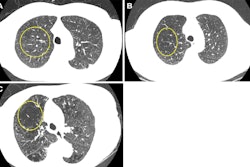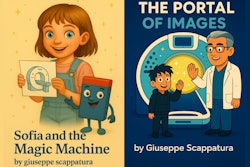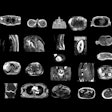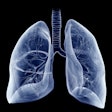More in Home
Swiss AI model achieves segmentation success in MRI
February 24, 2025
Spanish presenters scoop e-poster awards at ECR 2025
February 24, 2025
U.K. issues advice on radiology life cycle
February 21, 2025
Andrea Rockall: The garden is my zen zone
February 20, 2025
Brussels summit highlights AI's role in precision medicine
February 19, 2025
From Strauss to subwoofers: Vienna doesn't skip a beat
February 19, 2025
4 top trends in global healthcare
February 18, 2025
fMRI reveals a brain circuit for creativity
February 18, 2025
Lung lesion volume doubling times associated with survival metrics
February 17, 2025
Swiss experts voice concerns over image manipulation
February 17, 2025
DCR shows promise in patients with cystic fibrosis
February 14, 2025
CDSS fails to reduce inappropriate imaging orders
February 14, 2025


